Guest Editorial Written by: Representative Mark Green (R-TN) – US House of Representatives
Hunting and fishing are more than just hobbies; they are a way of life. For generations, long before our nation was founded, hunters and fisherman have trapped and fished these lands. Genesis 1:28 states, “And God blessed them. And God said to them, ‘Be fruitful and multiply and fill the earth and subdue it, and have dominion over the fish of the sea and over the birds of the heavens and over every living thing that moves on the earth.’” This is the creation mandate, and it tasks humanity with the significant responsibility of stewarding Earth’s natural resources. This is a value my father, who is both a pastor and a hunter, imparted to me from a young age.
Hunting and fishing in the United States goes beyond just putting food on the table; it’s a generational effort to preserve and maintain this nation. It is ingrained in our culture. For many, passing that culture down to the next generation is both a duty and an honor.
As a hunter and fisherman, myself, I look forward to hunting seasons year-round: deer, quail, pheasant, duck, etc. Those are the days when I get to share moments with friends and family in God’s country. My dad started taking me hunting for squirrels and deer when I was ten. He was the first person to teach me how to shoot. My first gun was a .22 rifle. Since then, I’ve taught my kids how to use a firearm, just like he taught me. Today, I mainly use my Beretta A400 for waterfowl and upland game
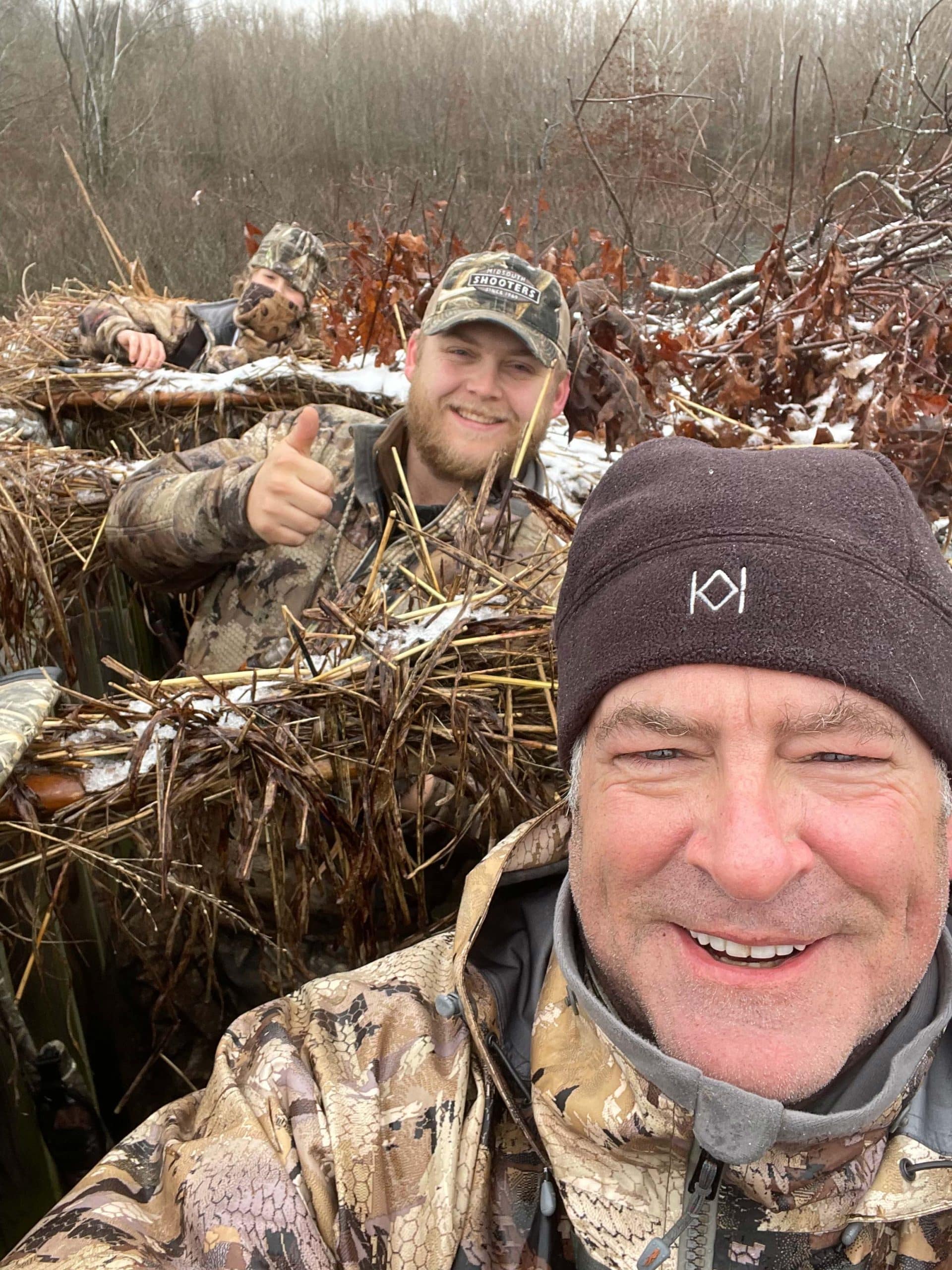
I didn’t grow up in a wealthy household, so hunting was as much for the food as it was for the sport. There’s nothing like eating something you’ve caught or shot for yourself. I’m usually the one who guts and cleans the fish we catch or the game we shoot. I’ve been told my duck is pretty good, but my quail is excellent.
Hunting is also a social event. I remember gathering with our hunting club, having breakfast together at the crack of dawn, and making our way into the woods. You really get to know a person after spending hours with them in a tree stand. These were formative days for my youth, and I cherish the memories. They were something I strived to replicate with my own children.
Admittedly, I missed the first buck that I ever got a shot at. It was in front of my dad and all his hunting buddies. Needless to say, it was pretty embarrassing. But I also remember when I shot my first buck. I’ll never forget how proud my dad was. Hunting is a real skill; that’s why it means something when you nail your shot. There are no consolation prizes or participation trophies in hunting. You either hit your target or you miss. Learning how to fail is a valuable lesson, especially for a kid.
While I also grew up fishing, my passion for fly fishing didn’t begin until I returned home from Iraq. It helped me cope with everything I’d seen and experienced during my deployment. Often, I took my son with me. One day, he said to me, “You know Dad, I’m not a big fisherman—but I love being in the stream with you.” That’s what these memories are all about, family. Fishing and hunting were passed on to me, and so I passed them on to my kids, and I know they will continue the tradition. Now that’s a heritage.
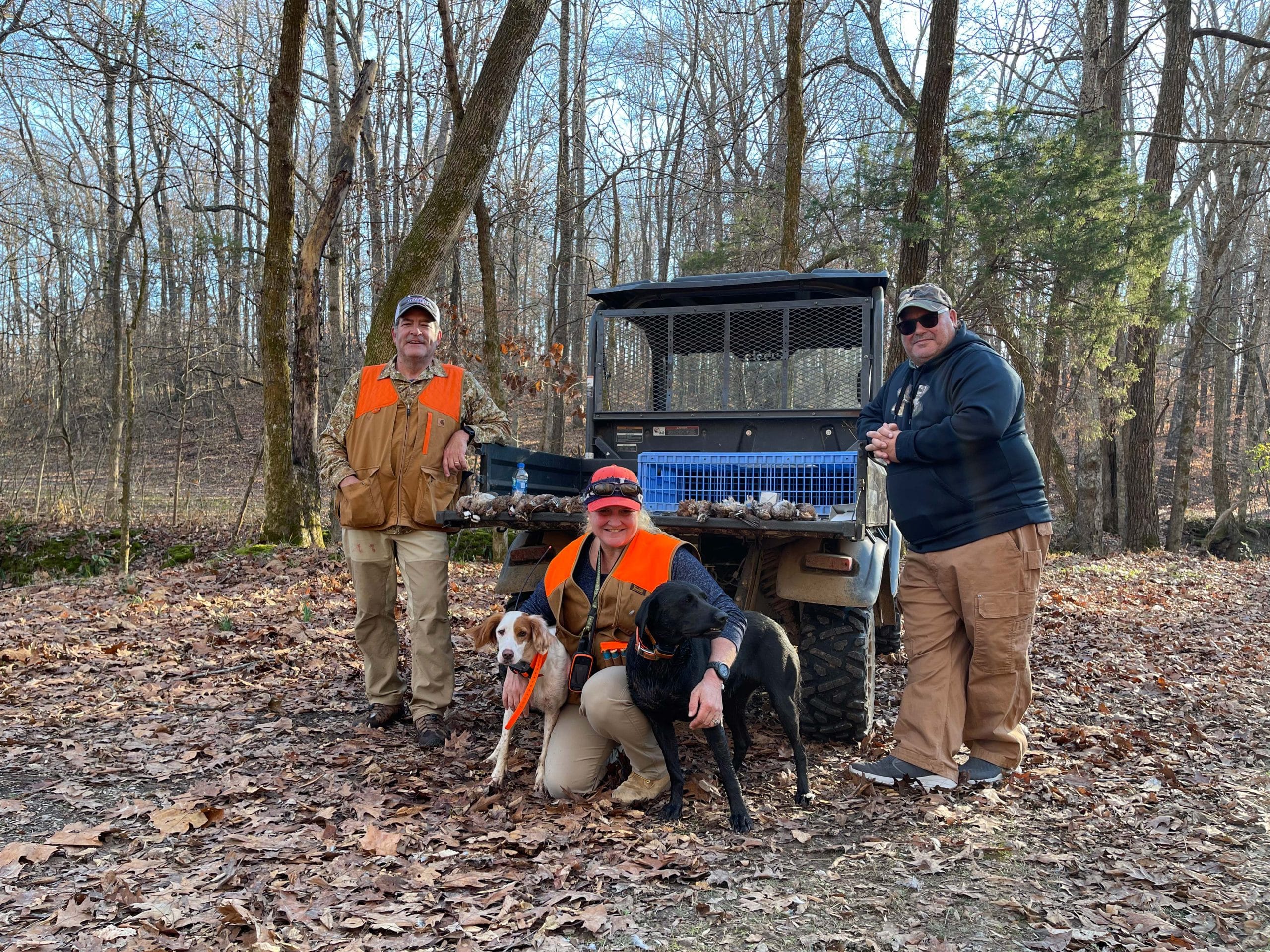
To this day, I still go fishing and hunting with my son and now my son-in-law. Even though it took my son a few years, he now has the hook in him and loves fishing. Every year, we do a family hunt, usually a duck hunt. When you’re sitting in a hunting blind together, there are no distractions. It’s just you, your kids, and nature—there’s nothing like it. More families could really benefit from spending quality, distraction-free time together, where parents don’t have to compete with their kids’ phones. When it all comes down to it, hunting is about two things: stewardship and relationships.
While I love being the voice of Tennesseans in Washington, after a few days in the swamp, I’m ready to get out of D.C. and back into the country. Not even the most ornate building in D.C. rivals the beauty of God’s creation. Nature is where I go to recharge and connect with my Creator. Whether standing knee-deep in a river working my fishing rod or sitting in a blind, I’m reminded of this beautiful planet that He made and the creatures He put in it.
God blessed us with “dominion over the fish of the sea and over the birds of the heavens and over every living thing that moves on the earth.” We have been entrusted with this beautiful earth. Our Creator expects us to steward His creation. No one understands this better than those who spend hours at a time in nature. When it comes down to it, hunters and anglers are the best conservationists. We want our children to inherit the lands and waters of this country better than we found it. And that’s what I’ve tried to do throughout my life.
A few years back I had an idea for a nonprofit that has evolved into the Green Interchange. I got tired of conservatives being pushed out of discussions on conservationism by radical environmentalists. That’s why I told a few friends about my idea for folks on both sides of the aisle to come together and beautify our community’s interchanges. Because of congressional ethics rules, I can’t officially be involved with Green Interchange, but I’ve been amazed at the incredible work their team is doing. I love driving down the roads of Tennessee knowing that some of the trees were planted by this amazing team and their volunteers. In February of this year alone, they planted “175 trees in the Northeast quadrant of the I-840 and Central Pike Interchange in Lebanon, TN.” While Tennessee has 373 interchanges to reforest, this is an excellent start.
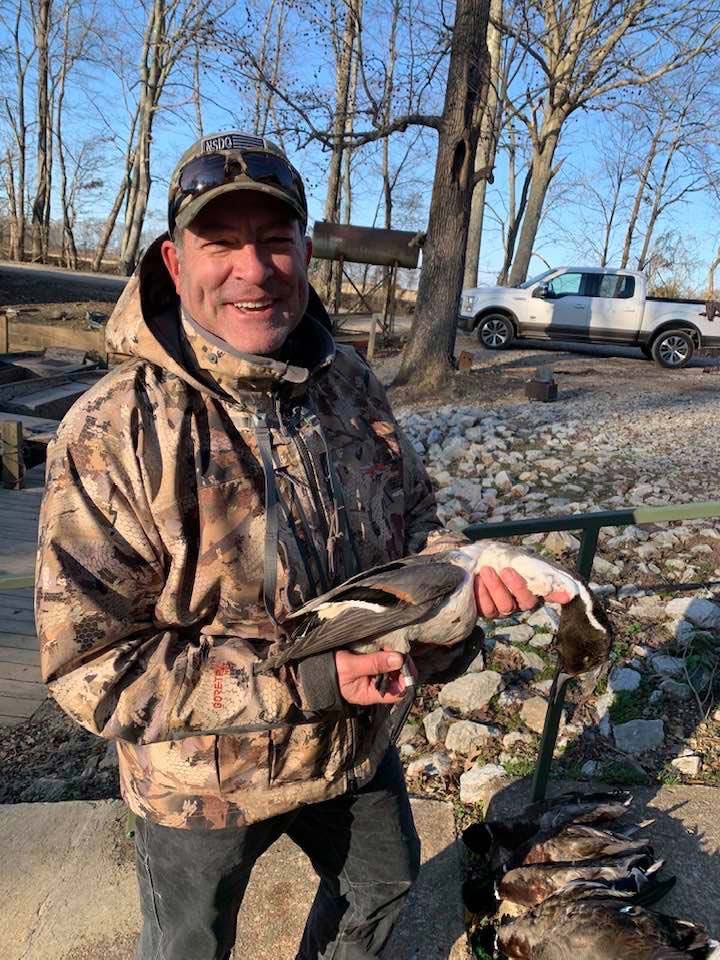
I’ve also supported organizations like the National Wild Turkey Federation (NWTF), the Whitetails Unlimited (WTU), and Trout Unlimited (TU). These nonprofits do incredible work to conserve our beautiful wildlife. These organizations have enhanced millions of acres of land and have raised hundreds of millions of dollars to support scholarships, habitat enhancements, anti-poaching, and more.
Psalm 24:1 tells us, “The earth is the Lord’s and all it contains; the world, and those who live in it.” There is no clearer directive than this. We have a responsibility to all of God’s creation, including mankind. That means using the resources we’ve been given wisely. Too often, radical environmentalists want to preserve nature at the expense of humanity. This is wrong. As a conservationist, I understand that supporting both human life and stewarding the environment can be done simultaneously.
However, when we don’t properly care for the land, we set ourselves up for disaster. For example, miles of forests are gone in California because the government refused to manage its forests with controlled burns. How many animals died as a result of these wildfires? Likewise, a state agency reportedly refused to divert water to put out the devastating fire in Hawaii, possibly resulting in more tragic loss. What many don’t understand is that a balance can and must be struck between stewarding the environment and human flourishing. Too often that balance leans too far in one direction.
The best way to teach conservation is through education. Throughout Tennessee, our schools offer extracurricular activities and classes that encourage students to take part in outdoor traditions like shooting sports. Recently, the Biden administration and the Department of Education (ED) attempted to cut funding for these programs.
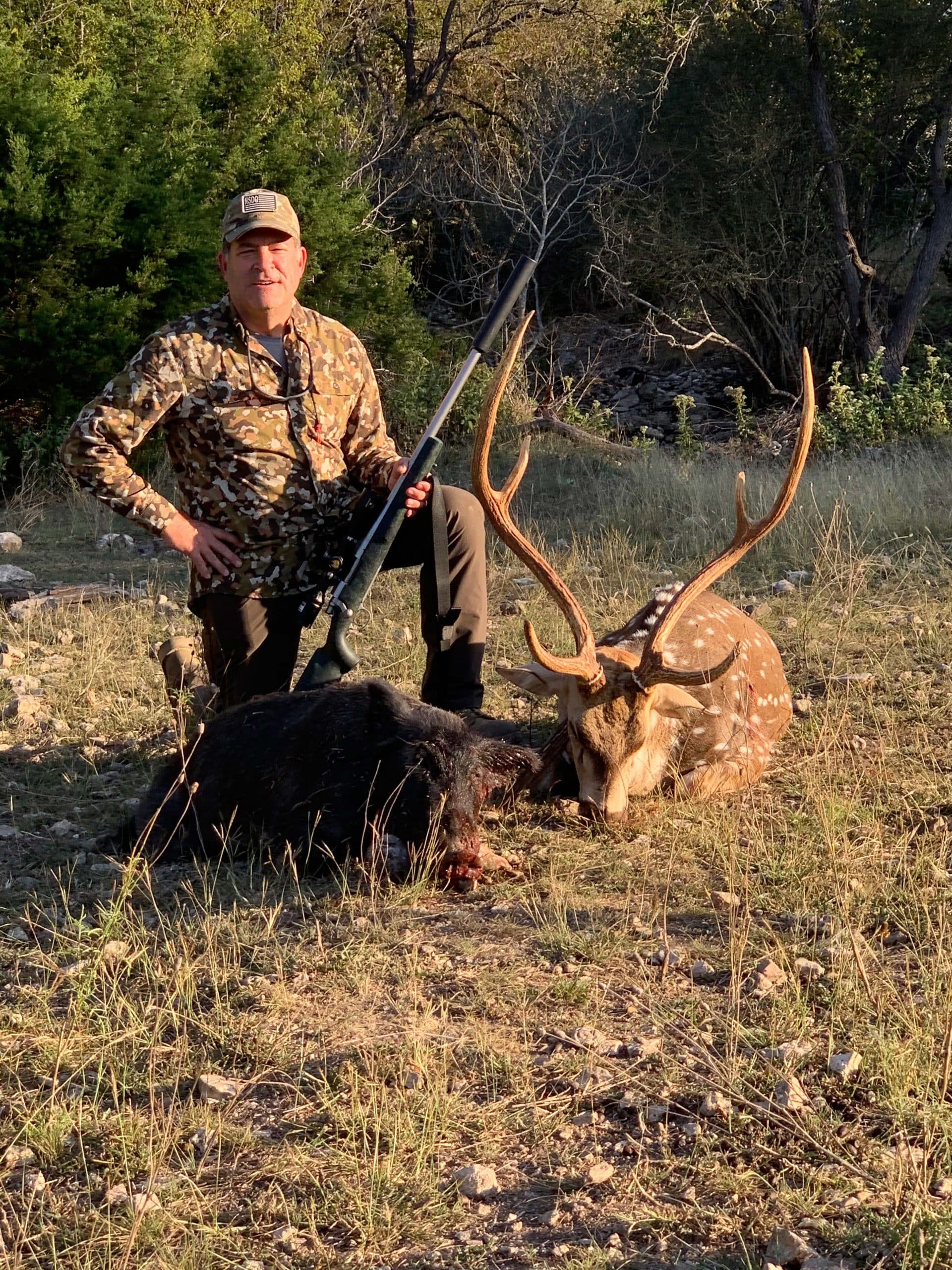
It’s clear the Biden administration has an agenda here. If ED applied its interpretation of this law consistently, it would affect far more school activities than just shooting sports like archery. Sports like fencing and javelin throwing, both of which originate in the act of war itself, should be prohibited under this policy. And that’s not all. What about the thousands of students taking courses in the culinary arts? Should we try teaching kids how to cook without a knife? Should we teach them how to play baseball without a bat or how to make a bird feeder without a saw, hammer, or nail gun? Of course not. This administration doesn’t have a beef with all school activities, just one—hunting.
Currently, there are 1.3 million students from nearly 9,000 schools who belong to the National Archery in the Schools Program (NASP), according to Tommy Floyd, NASP’s president. NASP also boasts $1.6 million in scholarships for the thousands of students aspiring to continue archery in college athletics.
Archery isn’t the only shooting sport on the rise. Trap shooting is currently one of the fastest-growing youth sports in America. What started in only a handful of schools has now reached over 1,500 schools. One of the reasons for its popularity is that it attracts students of varying athletic abilities. You don’t need to be the tallest, fastest, or strongest to be a good shot; you just need focus and lots of practice. In 2015, 9,245 students in 317 schools across three states participated in the USA High School Clay Target League. Since then, participation has spiked 137%. In 2018, it was reported that 21,917 students from 804 teams across 20 states competed in the league.
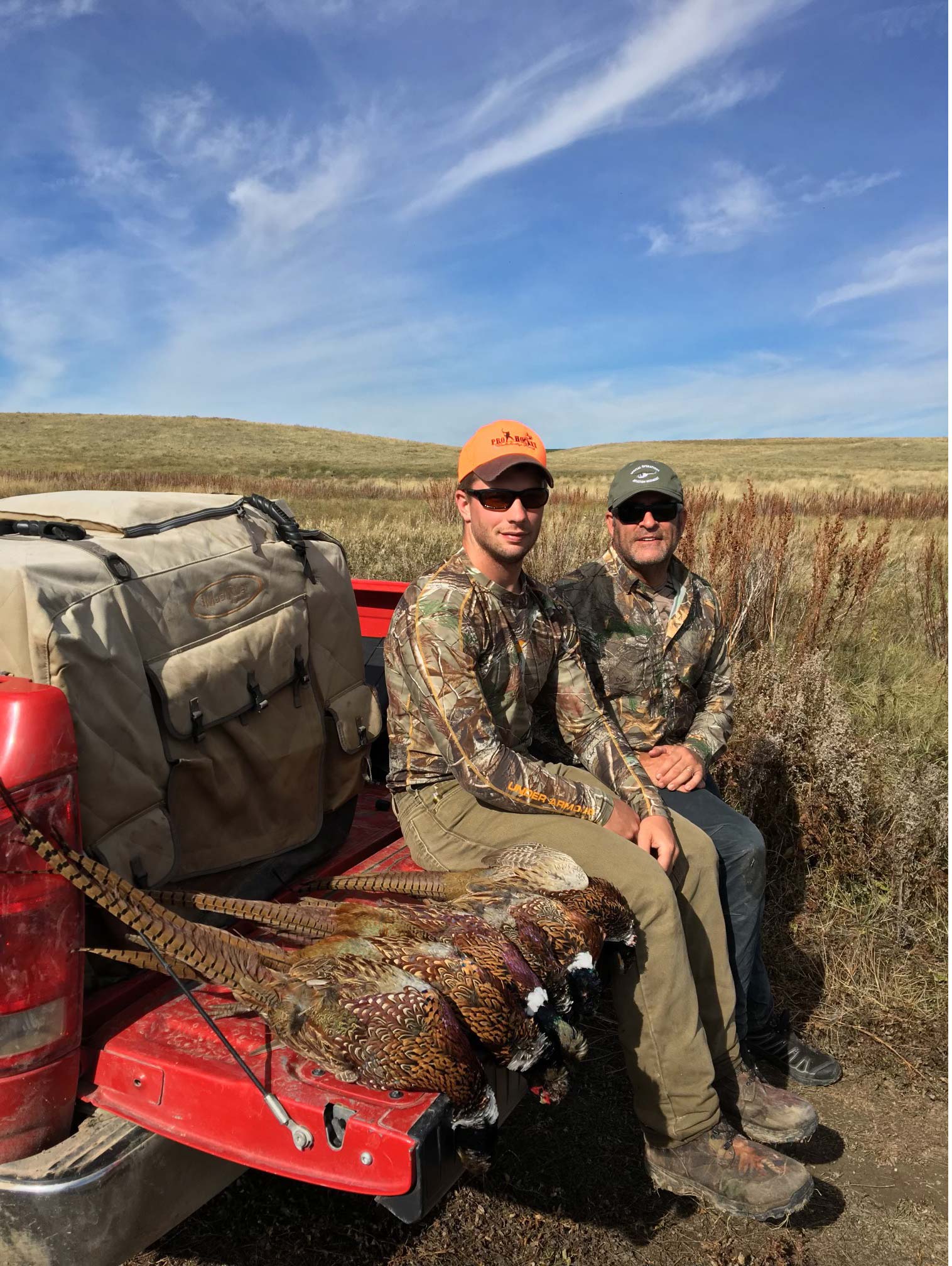
Shooting sports are also remarkably safe. NASP has not had a single injury since it began. Removing what is often the only opportunity for students to learn gun safety is both foolish and dangerous. Whether coastal elites like it or not, the reality is families in America’s heartland own guns—and lots of them. Having these courses in schools teaches students how to handle these firearms safely.
Stripping federal funding for school hunting, archery, and other shooting sports would affect millions of students nationwide. These sports are outlets for kids to get outdoors, make friends, and gain a larger appreciation for God’s creation.
In response to the Biden administration’s actions, I introduced the bipartisan Protecting Hunting Heritage and Education Act. This bill would protect funding for archery and shooting sports. Multiple Members of Congress and over two dozen state attorneys general joined me in calling for funding to be restored to these programs.
Across the nation, dozens of organizations joined to fight back against the Biden administration’s absurd rule. Camille Green, the Policy Coordinator for Wildlife Mississippi, said, “The Department’s incorrect interpretation is bringing hunter education and the National Archery in the Schools Program (NASP) in the classroom to a halt, negatively affecting millions of students, without making schools any safer.”
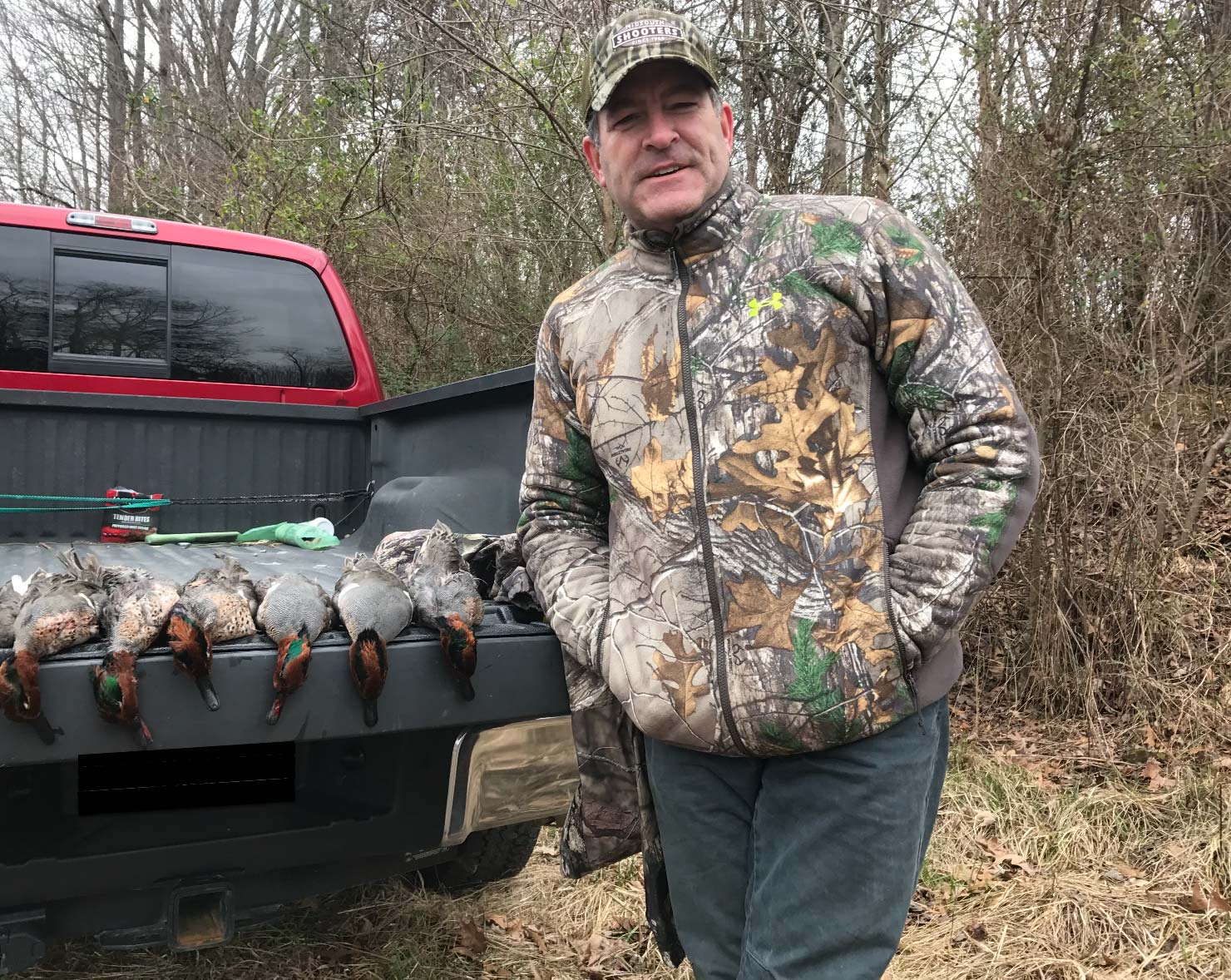
Fortunately, after my bill passed Congress with overwhelming bipartisan support, President Biden signed it into law.
Preserving these opportunities for our students is important to both sides of the aisle—as it should be.
The stakes for students and our nation are high. Young people have been trapped behind screens and video games for too long. Shooting and archery sports are getting kids away from behind screens and into nature. These kids are getting involved in their communities. They’re meeting new friends and putting down the controller to pick up a rod or a bow. This is a good thing. We should encourage it.
As President Theodore Roosevelt once said, “I heartily enjoy this life, with its perfect freedom, for I am very fond of hunting, and there are few sensations I prefer to that of galloping over these rolling limitless prairies, with rifle in hand.”
Congressman Mark Green is a physician and combat veteran of Afghanistan and Iraq, where he served three tours. He interviewed Saddam Hussein for six hours on the night of his capture. He is Chairman of the House Homeland Security Committee and serves on the House Foreign Affairs Committee.
